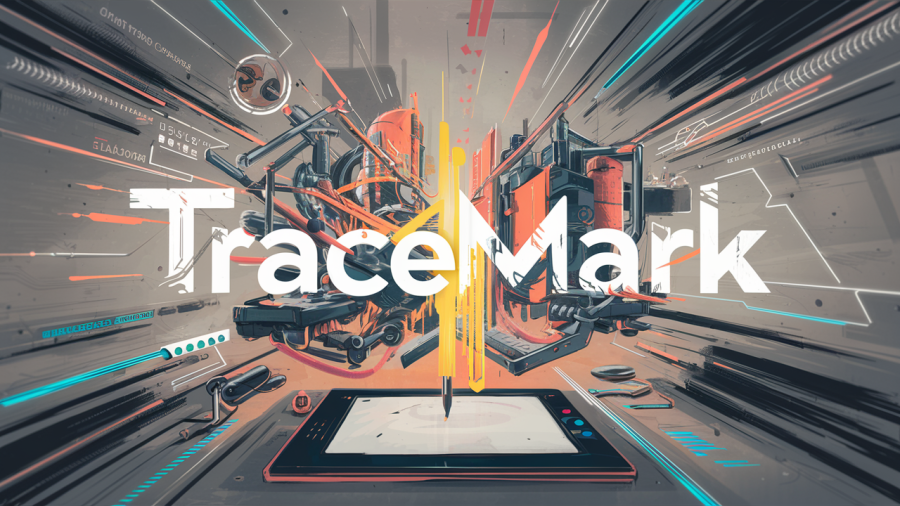Adult sites Pornhub, Xvideos and Stripchat will be more strictly regulated in the European Union (EU) under the bloc’s Digital Services Act (DSA).
The three pornographic sites have been categorized as Very Large Online Platforms (VLOPs) as they meet the benchmark of 45 million users in a month. This move comes after the European Commission slapped a VLOP title on massive tech companies, including Apple, Amazon, Facebook, Wikipedia, YouTube and Google – with some of them seeking to bypass regulations.
The DSA ensures that VLOPs adhere to security, privacy and consumer safety protocols within the first four months of being given VLOP status. Specific to adult sites, requirements include minimizing risks linked to the sharing of child sex abuse content and protection for minors, such as blocks preventing access to pornographic content – e.g. age verification tools.
VLOPS are also required to draft transparency reports on risk management and content moderation within their company every six months as well as release their audit results and a systemic risk analysis once a year.
In an announcement on Wednesday (Dec.20), European Commissioner for Internal Market Theirry Baton spoke on the new wave of VLOP designations: ” We have already designated 19 Very Large Online Platforms and Search Engines.
“We will continue to designate platforms that meet the thresholds and make sure that they comply with their obligations under the DSA. I have been very clear that creating a safer online environment for our children is an enforcement priority under the DSA.”
Earlier in the week, the EU opened formal proceedings against Elon Musk’s X to investigate if it breached the bloc’s DSA rules.
Pornhub controversy
This VLOP classification comes after Pornhub’s parent company MindGeek was at the centre of a scandal two years ago. An investigation by the New Yorker found that non-consensual and underage videos were being posted on the site for years. This led to a 2021 lawsuit, accusing MindGeek of breaking both sex trafficking and sexual abuse image laws by allowing and profiting from content of this nature being posted on their site. The chief operating officer later resigned following the controversy.
With this VLOP classification, the EU Commission is seeking to ensure this does not happen again, by making these adult sites operate more transparently.
The trio of sites can launch an appeal against the VLOP classification if they wish. with Amazon and German fashion brand Zalando having done so already.
Featured image: AI-generated via DALL-E










